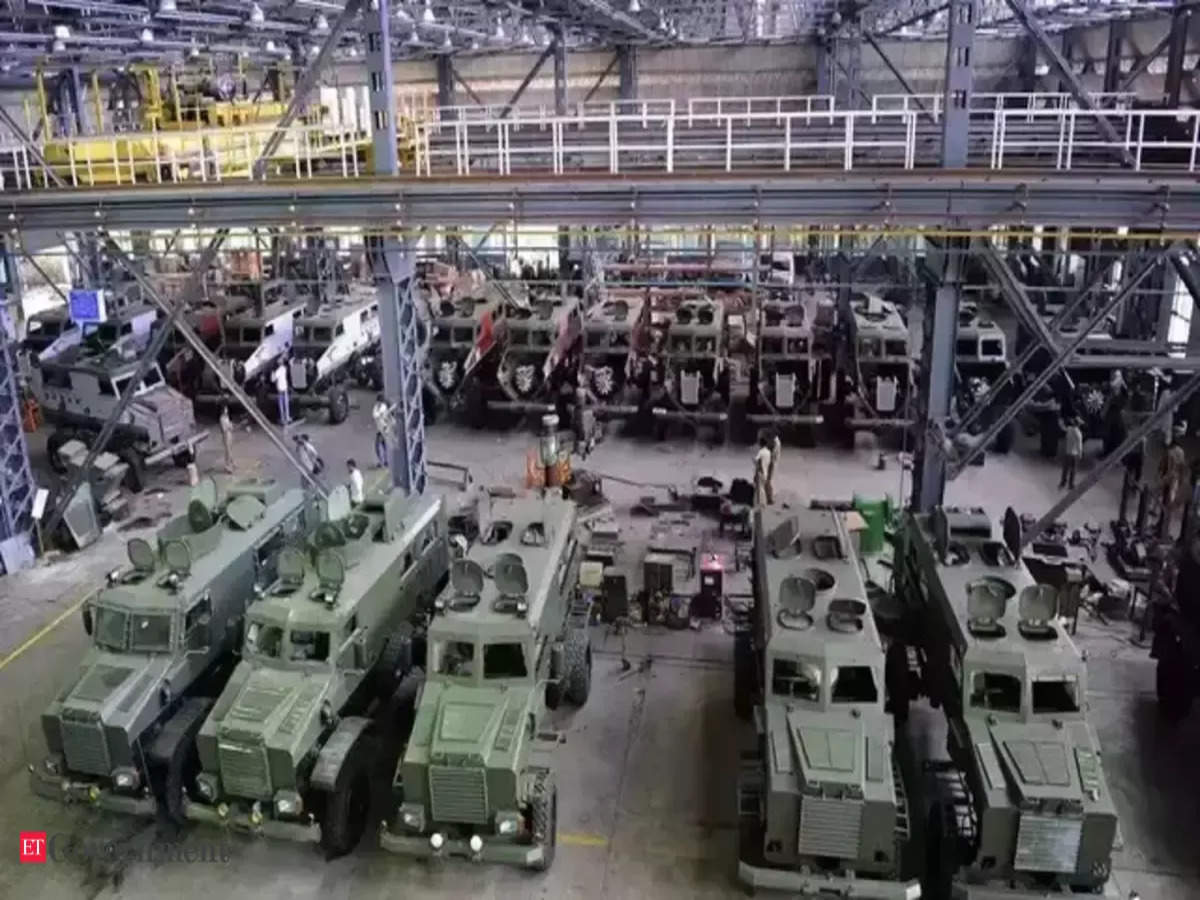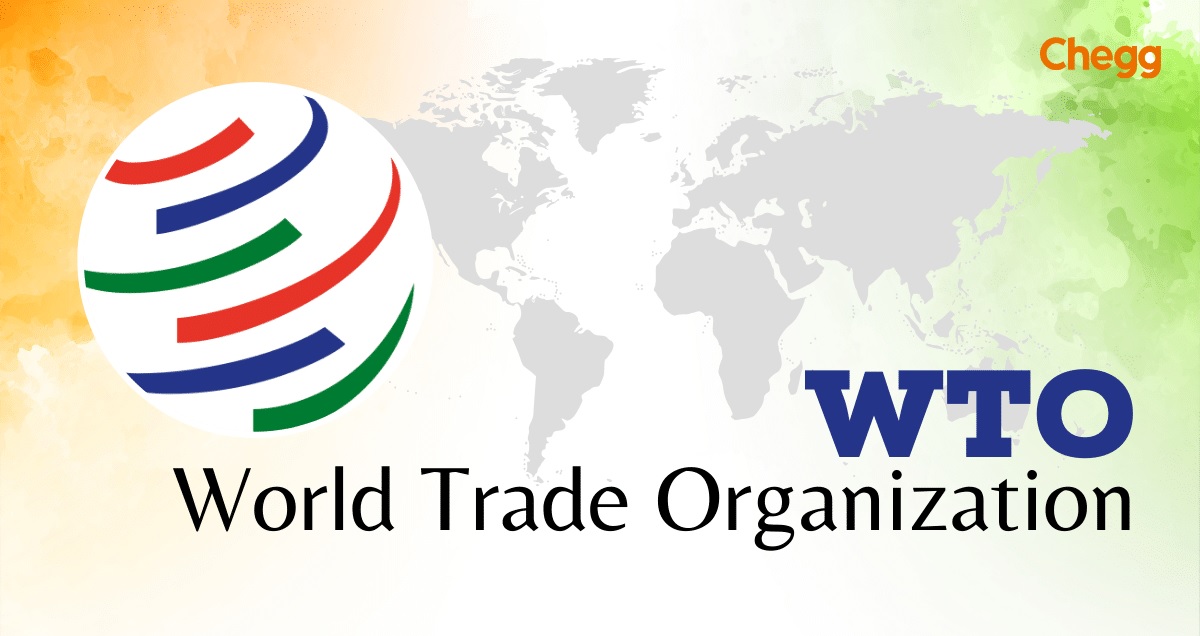The Hindu : Page 12
Syllabus : GS 3 : Indian Economy
The privatisation of Air India in 2022, transferring ownership from the government to Tata Sons, marked a significant milestone and a bold reform since the second wave of liberalisation in 2004.
Major Fleet Expansions and Infrastructure Investment
o Since 2022, significant developments in India's airline sector include Air India's order for a record 470 aircraft and IndiGo's rapid growth with a fleet of about 370 aircraft and more than 980 on order.
o This could double the country's fleet of nearly 700 aircraft by 2030.
o It took the Indian industry about 90 years from the time of the first commercial flight to reach a fleet size of 700 aircraft.
o But the rate of growth is so strong that carriers could add a further 600-700 aircraft in just the next 5-7 years.
o Air India's $6.5 billion investment and IndiGo's record $1 billion profitability in FY2024 indicate a robust airline system.
o Despite supply-chain challenges, domestic and international traffic grew by 13% and 22%, respectively, in FY2024.
o To support this expansion, India is enhancing airport infrastructure with a $11 billion investment pipeline.
o In the National Capital Region, Delhi International Airport will expand capacity to 130-140 million passengers annually, complemented by the new Noida International Airport opening in April 2025 with a 70 million capacity.
o The Mumbai Metropolitan Region will also have a dual airport system, handling 145 million passengers annually.
o The Adani Group is expanding capacity at six non-metro airports, and the Airports Authority of India is investing $4 billion to enhance non-metro capacity.
o Greenfield airports are also planned for Chennai and Pune.
Regulatory frameworks for the aviation sector
Way forward
o The rapid growth of India's aviation industry could lead to skill shortages, particularly among technical staff like pilots, maintenance engineers, and technicians.
o The new DGCA duty and rest norms for pilots could increase pilot demand by 15%.
o There are also shortages in air-traffic controllers and security personnel.
o Thus, the Budget should provide incentives for investment in skilling, training, and education.
o Restructuring the Directorate General of Civil Aviation and the Bureau of Civil Aviation Security is necessary to address challenges from technological disruptions and environmental issues.
o Corporatising air traffic control by hiving off Air Navigation Services from AAI could improve capital access for system investments.
o The Budget should consider rationalising taxes, which currently account for nearly 20% of an airline's quarterly revenue, including state levies on aviation turbine fuel.
UPSC Prelims Practice Question
Ques : Which of the following statements with regard to the constitution of Finance Commission is/are correct?
1. The Government of India has recently constituted the Sixteenth Finance Commission under the Chairmanship of Dr. Arvind Panagariya.
2. Finance Commission is constituted in pursuance to Article 263 of the Constitution of India.
Select the answer using the code given below:
a) 1 only
b) 2 only
c) Both 1 and 2
d) None of the above
Ans : d)






